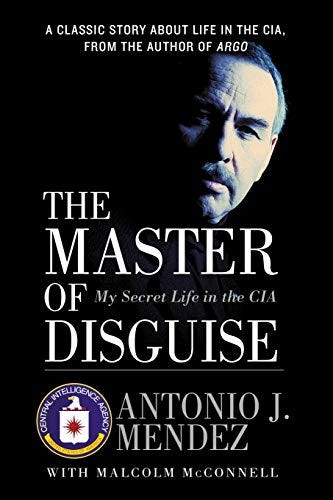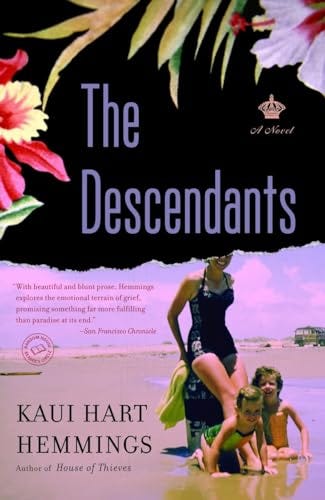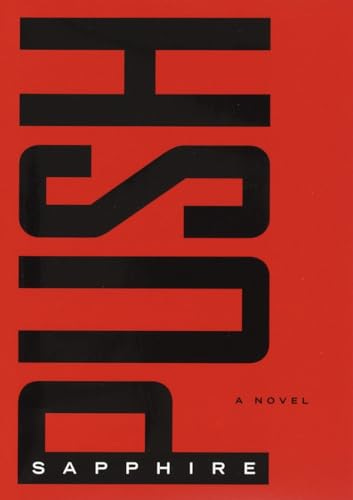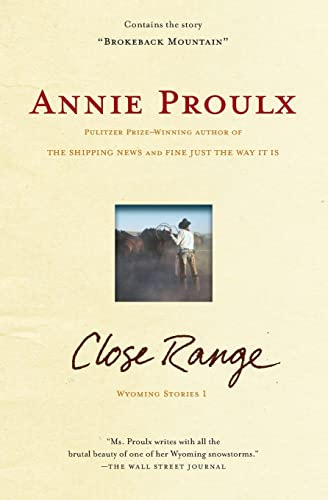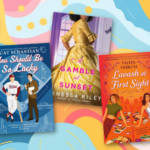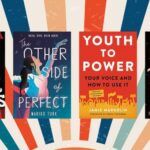
Ranking the Last 20 Adapted Screenplay Oscar Winners: Part 1
For book lovers, the Best Adapted Screenplay Award is a natural point of entry to the Oscars. Sometimes, there’s a book you love (or, more tantalizingly, one you hate) among the nominees. Other times, a book (or play or somewhat disappointingly just a character) is a completely new discovery. And while the cliché is that the book is always better, I can tell you from having read the source material for many, many movies that it simply isn’t the case. In fact, I first gained a real appreciation for the adapter’s art, reading The Hunt for Red October after seeing and loving the movie. I can’t, without Googling, tell you what else Larry Ferguson and Donald Stewart ever did, but they trimmed the sails of a sprawling, jargon-heavy novel of maritime logistics into a quasi-Shakespearean character study, set a few hundred feet under the North Atlantic.
So here is the first part, numbers 20 to 11, of my ranking of the winners of the last two decades’ worth of Adapted Screenplay Awards. (The top ten will come later this week.) The degree of difficulty is taken into account, and I must admit that I find turning a novel into a great movie that still captures and even builds on the book is what I admire most.
#20: Jojo Rabbit (2019)
A strange mish-mash of utter horror and an odd absence of stakes, Jojo Rabbit felt like a Wes Anderson-Mel Brooks mashup that was less than the sum of its parts. Feel-good movies, especially when dressed as “important movies,” tend to overperform at the Oscars, and JoJo Rabbit is exhibit B, right after Green Book. Both Little Women and The Irishman were more deserving this year.
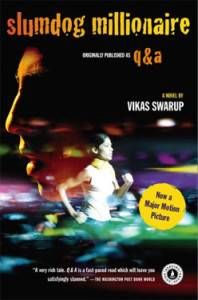
#19: Slumdog Millionaire (2009)
Sentimental gravitas strikes again. Whatever the virtues of Slumdog Millionaire, the script and story are not among them. The movie is vibrant, quick, and expansive, but the wish-fulfillment gameshow gimmick hasn’t aged well.
#18: The Father (2021)
From here on out, I really like these movies, so it’s going to be less about flaws and more about other things being just a little or a lot stronger. Florian Zeller and Christoper Hampton’s screenplay is incisive and revelatory about a character’s experience of dementia. But Hopkins is the star, and I can’t help but feel what works about the movie emanating mainly and wondrously from him. The material is good. Sir Anthony is better.
#17: The Imitation Game (2014)
Turing is a fascinating, tragic, and important figure. Cumberbatch is just about as watchable as any actor can hope to be. Bletchley Park is a beguiling nerd-wonderland of barely comprehensible intelligence. And I like The Imitation Game as a movie. But I can’t look away from the movie’s considerable…let’s call it divergence from the truths of Turing’s life, WWII code-breaking, and the existence (or not) of characters and people. Even though this movie is just 10 years old, it feels dated in its portrayal of Turing’s sexuality, and in many key ways, it pulls its punches.
#16: Argo (2012)
Is it fair to ding the screenplay because the underlying, true story is just incredibly amazing? Because I think that’s what I must be doing to have Argo way down here. This movie rips along, and the screenplay gets out of the story’s way. You can, of course, screw up a terrific tale from real life (try not to fall asleep during The Monuments Men), but we’re hiking mountains taller than “didn’t screw it up” here.
#15: Coda (2021)
Coda has many charms, but the screenplay is not foremost among them — not that it is weak, but it hits the familiar beats of a coming-of-age story. The characters and their world imbue those familiar beats with needed freshness. And this is an amazing achievement! But it is mostly the amazing achievement of the French film on which it is based: remakes of movies that already exist are the bunny slopes of screenwriting. (Ignore this line when we get to The Departed.)
#14: The Descendants (2012)
If Argo succeeded in getting out of the way of the narrative locomotive it was handed, The Descendants has the opposite task: finding a story when the primary antagonist is in a coma for the whole movie. Kaui Hart Hemmings’s novel is both sharp and warm, and the screenplay captures that. I know that Clooney’s iconic role of Danny Ocean, and his whole mythos really, is one of easy, unflappable charm, but I prefer my Clooney distinctly flapped as he is here (and in my very favorite Clooney in O, Brother! Where Art Thou?). Unlike The Father, though, I think The Descendants is just good if Payne tapped his man-muse Paul Giamatti in Clooney’s role. The fact I can say that with something like confidence is a testament to the writing.
#13: The Departed (2007)
I can’t decide if this is too low. It’s not the best screenplay of Scorcese’s career, but talk about rarefied air. And I don’t think I am imagining an infusion of Taratonian DNA into the genetic make-up of The Departed’s influences. There are worse sources of influence! Nicholson, Damon, and DiCaprio feast on the zippy, profane dialogue with relish to the point that it almost seems…too easy? I can’t hold the craft of the movie against it somehow, can I? But to quote the film back to itself: “They call that a paradox.”
#12: Precious (2010)
I read Push by Sapphire sometime late in 1999, just a few years after it was the object of a publishing industry bidding war, and was blown away. I never thought that there would be a mainstream movie made out of it, let alone one that would become an awards-season darling. Critics of the movie (and the novel) call it somehow both too harrowing and too melodramatic, too real, and the ending too hopeful. There is no way to depict the women Sapphire was interested in representing and pleasing people. Precious doesn’t look away from a character who has experienced terrible things, but it also isn’t willing to abandon her there. To my mind, Precious fulfills the highest demand of story: to show us lives we perhaps didn’t want to see and be glad we did.
#11: Brokeback Mountain (2006)
Annie Proulx’s “Brokeback Mountain” is one of the signal short stories of the last 50 years. I remember reading it in The New Yorker in college and walking around the rest of the day in something like a daze. When it was announced that it would be a movie, my soul groaned, hoping that it would capture the miniature grandeur that is this out-under-the-crossed-stars love story. And it did. For a while, “I just can’t quit you” became ironic, but I think it’s come back around to join the ranks of all-time great romantic lines.
First half in the can. But beginnings are easy. It’s the endings that kill ya. Be on the lookout for the top ten.
Find more posts like this via our subscription publication, The Deep Dive! Weekly staff-written articles are available free of charge, or you can sign up for a paid subscription to get additional content and access to community features.



